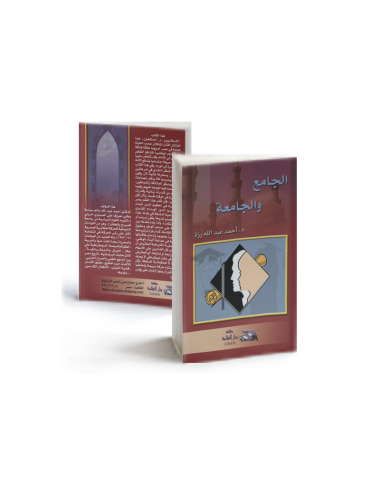the nineteenth of maquerk, based on proverbs 13:4
Sometimes Laziness has its own Reward
0 kg - 300 kg
Sometimes Laziness has its own Reward
Children can understand the importance of listening to others when they see how one proud insect learns her lesson in a most of unfortunate way.
Antigone begins with The two sons of Oedipus, Eteocles and Polyneices, who are fighting for the kingship of Thebes. Both men die in the battle. Their successor, Creon, decides that King Eteocles will be buried, but Polyneices, because he was leading a foreign army, will be left on the field of battle. Antigone, his sister, buries him anyway.
Antigone is caught burying Polyneices and is condemned to death. Her fiance and Creon's son, Haemon, learns about this and tries to convince Creon to change his mind. It's only then that the seer Tiresias appears. After a long discussion, he finally persuades Creon that the gods want Polyneices buried. By then it's too late Antigone has hung herself, Haemon kills himself when he finds her, and Creon's wife kills herself when she learns about her son.
Sometimes Laziness has its own Reward
Islamists and intellectuals, the two categories, which constitute the backbone of public life in Egypt
Suren Kerkegor in Copenhagen on May 5, 1813, both of his father and mother descended from the Jute family, a Germanic tribe that invaded the European continent in the fifth century.
What can a fingernail tell us about the mysteries of creation? In one sense, a nail is merely a hunk of mute matter, yet in another, it’s an information superhighway quite literally at our fingertips. Every moment, streams of molecular signals direct our cells to move, flatten, swell, shrink, divide, or die. Andreas Wagner’s ambitious new book explores this hidden web of unimaginably complex interactions in every living being. In the process, he unveils a host of paradoxes underpinning our understanding of modern biology, contradictions he considers gatekeepers at the frontiers of knowledge.
As a life raft for beginners and their supervisors, Where to Start and What to Ask provides all the necessary tools for garnering information from clients. Lukas also offers a framework for thinking about that information and formulating a thorough assessment. This indispensable book helps therapeutic neophytes organize their approach to the initial phase of treatment and navigate even rough clinical waters with competence and assurance.











